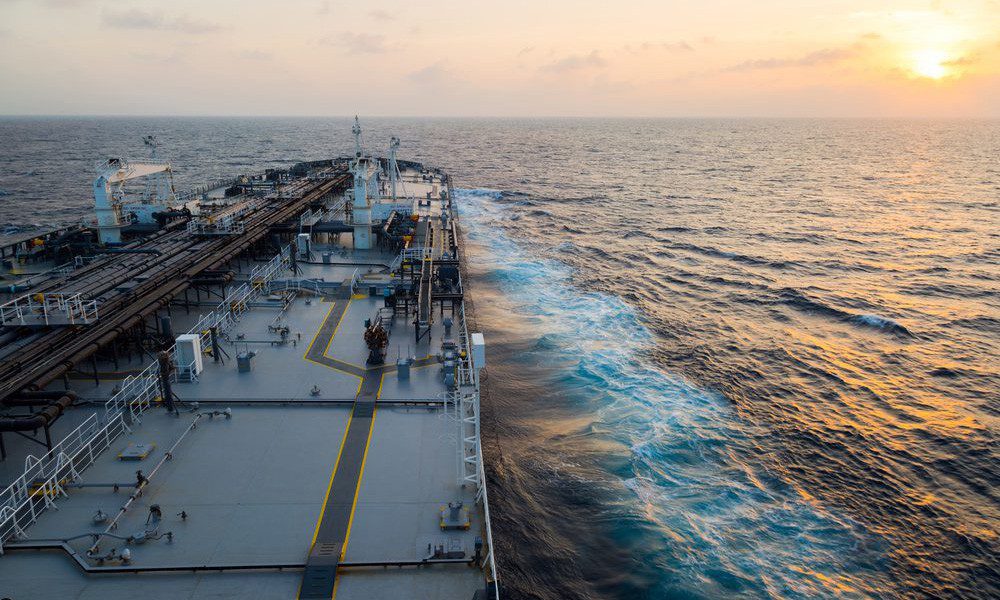Stolt-Nielsen posted its 2Q (March-May) report this morning with the Tanker’s segment occupying the scene, finally. With little increase in bunker costs despite a large oil price growth, margins improved more than significantly, and the EBIT figure beat our estimates by 36% (even more for Tankers alone). Although the inflation, war and rising interest rates create a small headwind for the company, the peak of the good cycle is still to be reached, therefore, our estimates should be increased following yet another super strong report.
Numbers last seen 15 years ago
We thought of being more on the conservative side with our expectations for the quarter, but the reported results can be framed and put on the wall in Stolt-Nielsen’s offices and the best part is that the cycle seems to be far from reaching its top. While previously the Terminals, Tank Containers and Sea Farm segments were somewhat covering the main, Tanker, segment, this time they let the stage for the latter. Stolt Tankers reported an EBIT of USD 40.8m. The bunker costs, net of bunker surcharge revenues, was up only by half a million dollars, even though the average price of bunker consumed increased to USD 748 from USD 580 per tonne. This paved a way to the total adj. EBIT of USD 109m vs. our and consensus’ expectations of USD 80m.
Positive momentum anticipated to continue by the company
Stolt-Nielsen declared that they expect the positive momentum to carry through the rest of the year with Tankers anticipated to continue to see the rising freight rates outpacing the rise in fuel costs. Tank Containers may see a fall in demand due to higher transportation costs, on the other hand the demand for Sea Farm products is usually higher during the summer. Terminals guided to keep up the high utilization levels.
Let us not forget that the war is going on
The many challenges to the company should not be ignored. The war in Ukraine is impacting Europe’s energy supplies, the inflation has been driven up, being amplified by the rapidly rising oil and gas prices, and following it, the interest rates were raised by the central banks, and all this might lead to a global recession. Nevertheless, in our opinion, the pros and cons scales are rather one-sided at the moment, and we will increase our estimates seeing the company very well managing the current situation.






